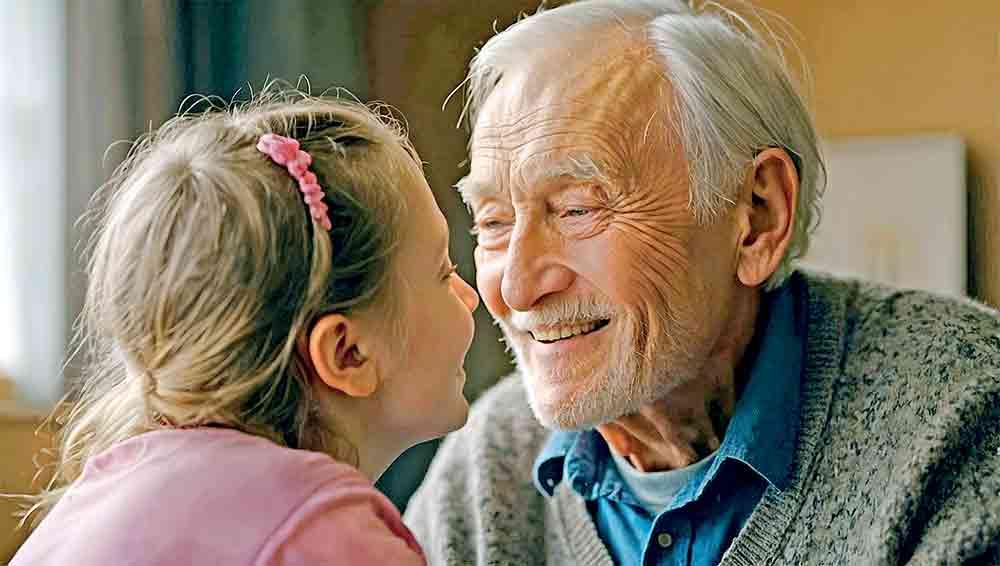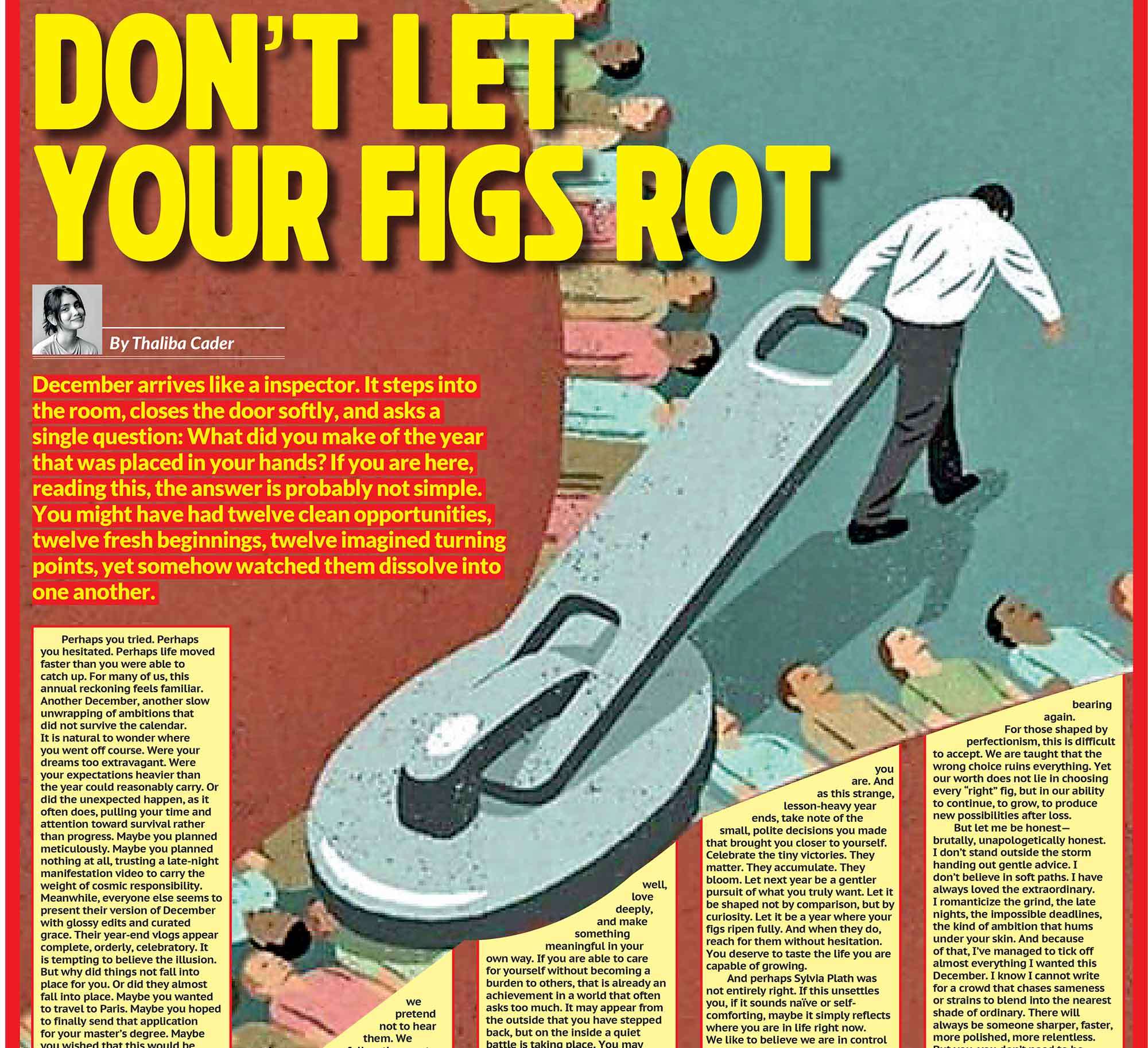
Dementia is often spoken about today, but at the same time, it is one of the least understood conditions. Many myths and half-truths surround it, and these create fear, stigma, and delay in getting proper help. It is important that we correct these misunderstandings.
Here are some of the common myths about dementia, and the real facts behind them:
Myth 1: Dementia is just a part of getting old
Age is the biggest risk factor, but dementia is not something that naturally happens to everyone as they grow old. Forgetting a name or misplacing your glasses once in a while is normal. Dementia is more serious, it means memory loss and confusion that affect daily life. Many elderly people live long lives without dementia.
Myth 2: Dementia only affects old people
Most patients are above 65, but younger people can also get dementia. This is called young-onset dementia, and it can even appear in the 40s or 50s. Because doctors and families don’t usually expect it, sometimes it is misdiagnosed.
Myth 3: Dementia is only about memory loss
Memory problems are only one part of dementia. People may also have difficulty with language, decisions, solving problems, or even changes in personality. A person may suddenly become more anxious, depressed, or even aggressive. Recognizing these other signs early is very important.
Myth 4: Nothing can be done about dementia
At present there is no cure, but there is much that can be done. Early diagnosis means treatment to help with symptoms, lifestyle changes to slow the condition, and better planning for the future. Families who know earlier can prepare for care, finances, and emotional support.

Myth 5: Life is meaningless after diagnosis
Dementia does not take away a person’s identity. With proper care and adjustments, people can continue to enjoy activities, spend time with loved ones, and take part in the community. Simple changes, like safe environments and easier routines, can make a big difference.
Myth 6: Dementia affects only the patient
Dementia affects the whole family, not just the individual. Caregivers often face stress, both emotionally and physically. Support groups, respite services, and community understanding are essential to help families manage this journey.
Myth 7: Dementia is unavoidable, nothing can reduce the risk
Not all dementia can be prevented, but risk can be lowered. Healthy lifestyle choices like exercise, balanced diet, staying socially active, avoiding smoking, controlling blood pressure and diabetes, and keeping the mind active, are all shown to protect brain health.
Busting the Stigma
The myths around dementia often create silence and shame. Families sometimes hide the condition, afraid of judgment. But it is important for communities to speak openly, learn the facts, and show kindness. Behind every myth, there is a real human being with feelings and stories. By breaking these false beliefs, we can create a society that treats dementia with understanding, not with fear.











